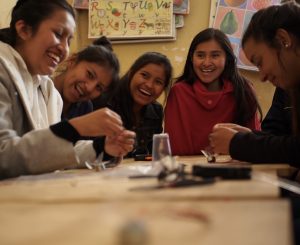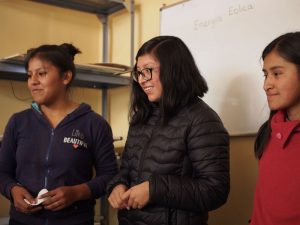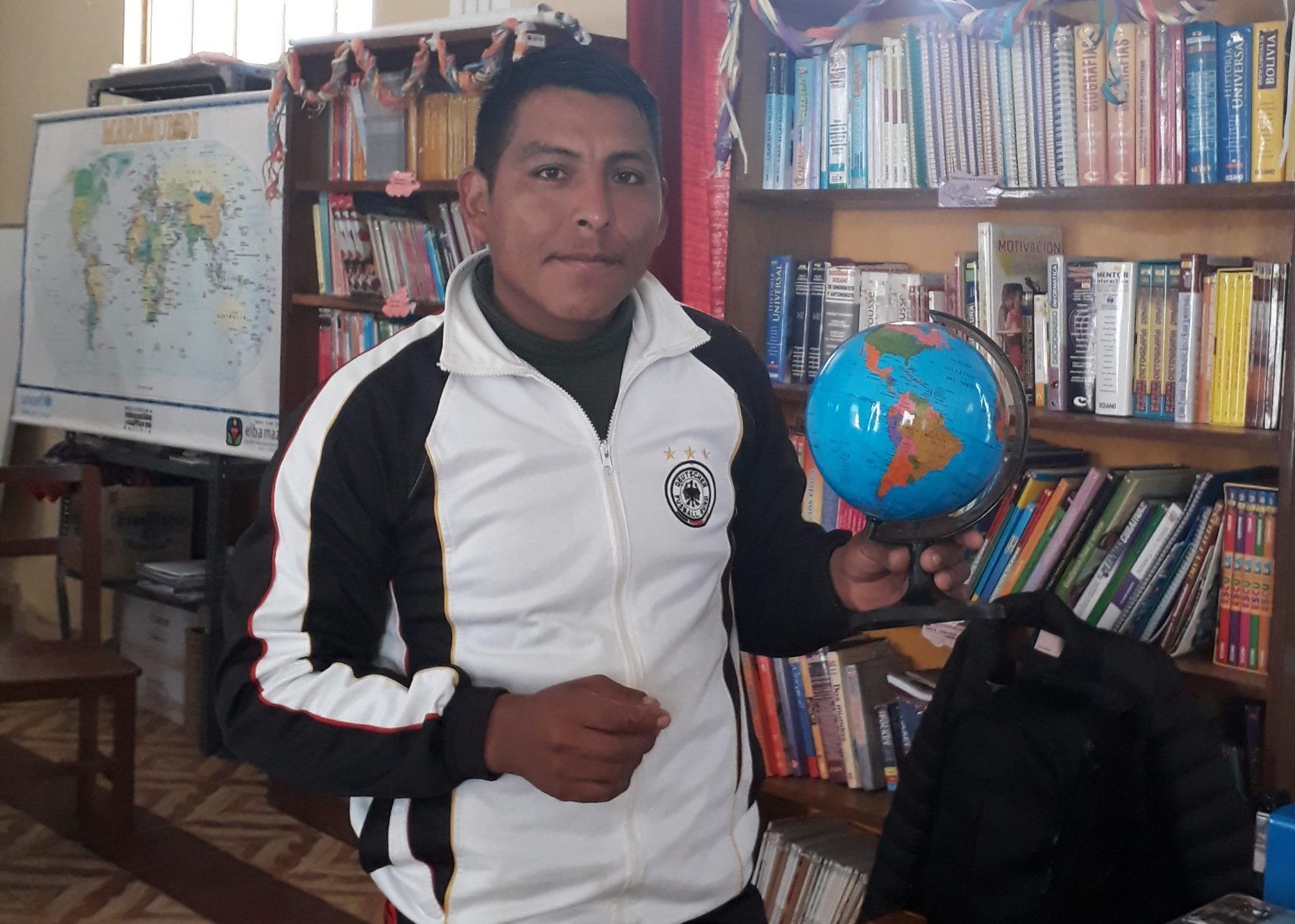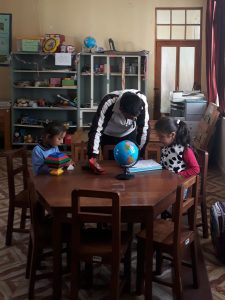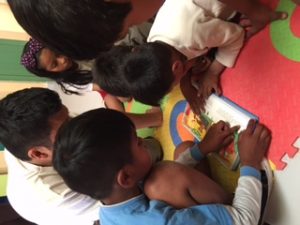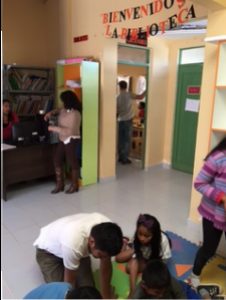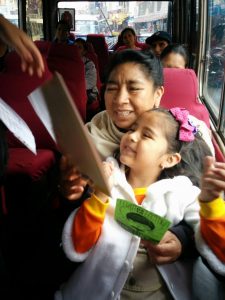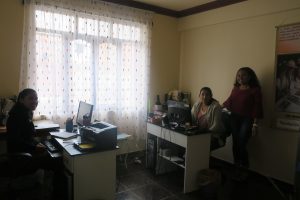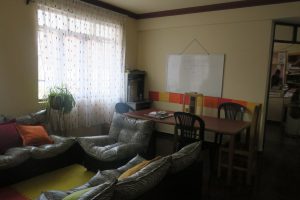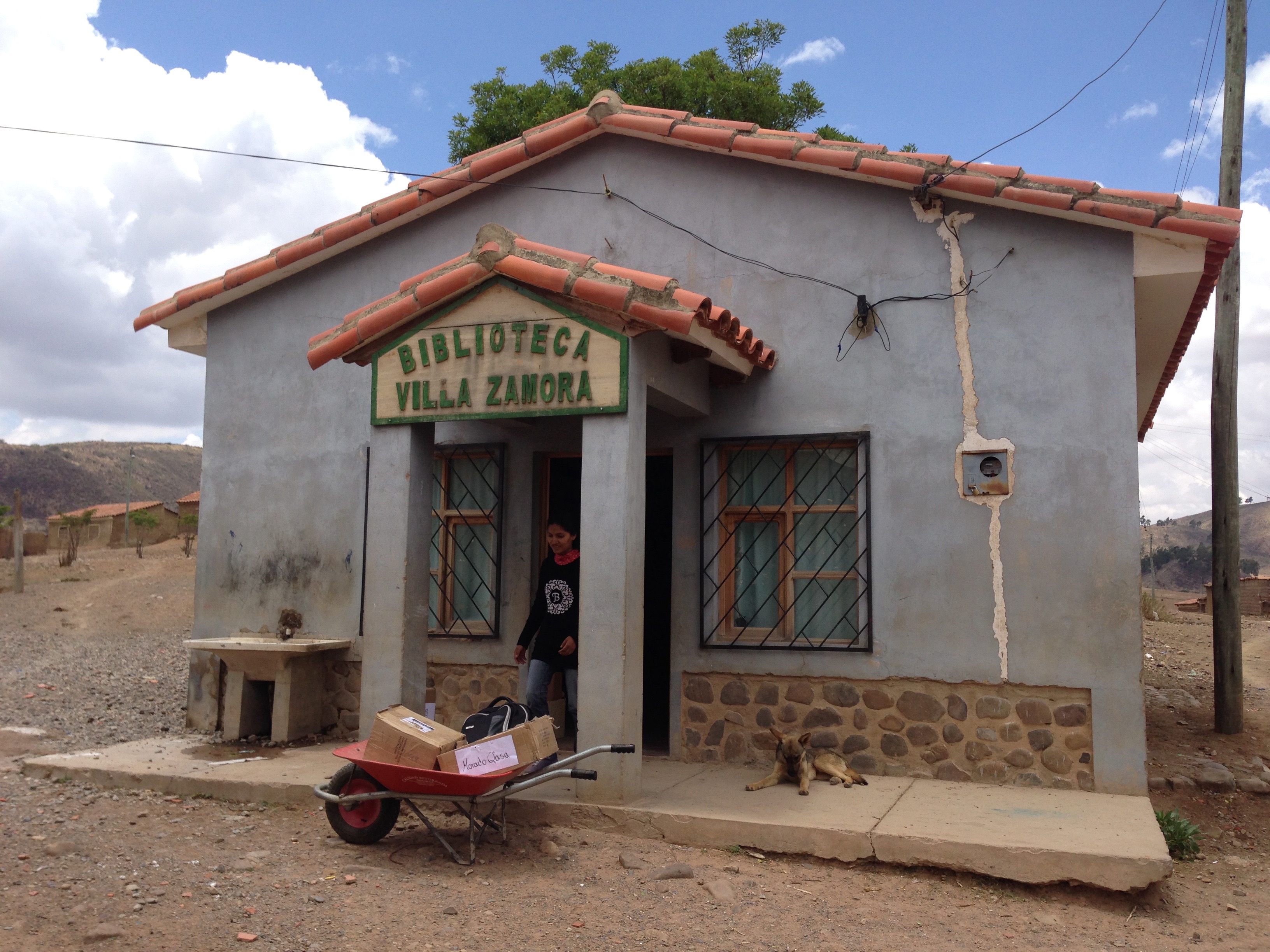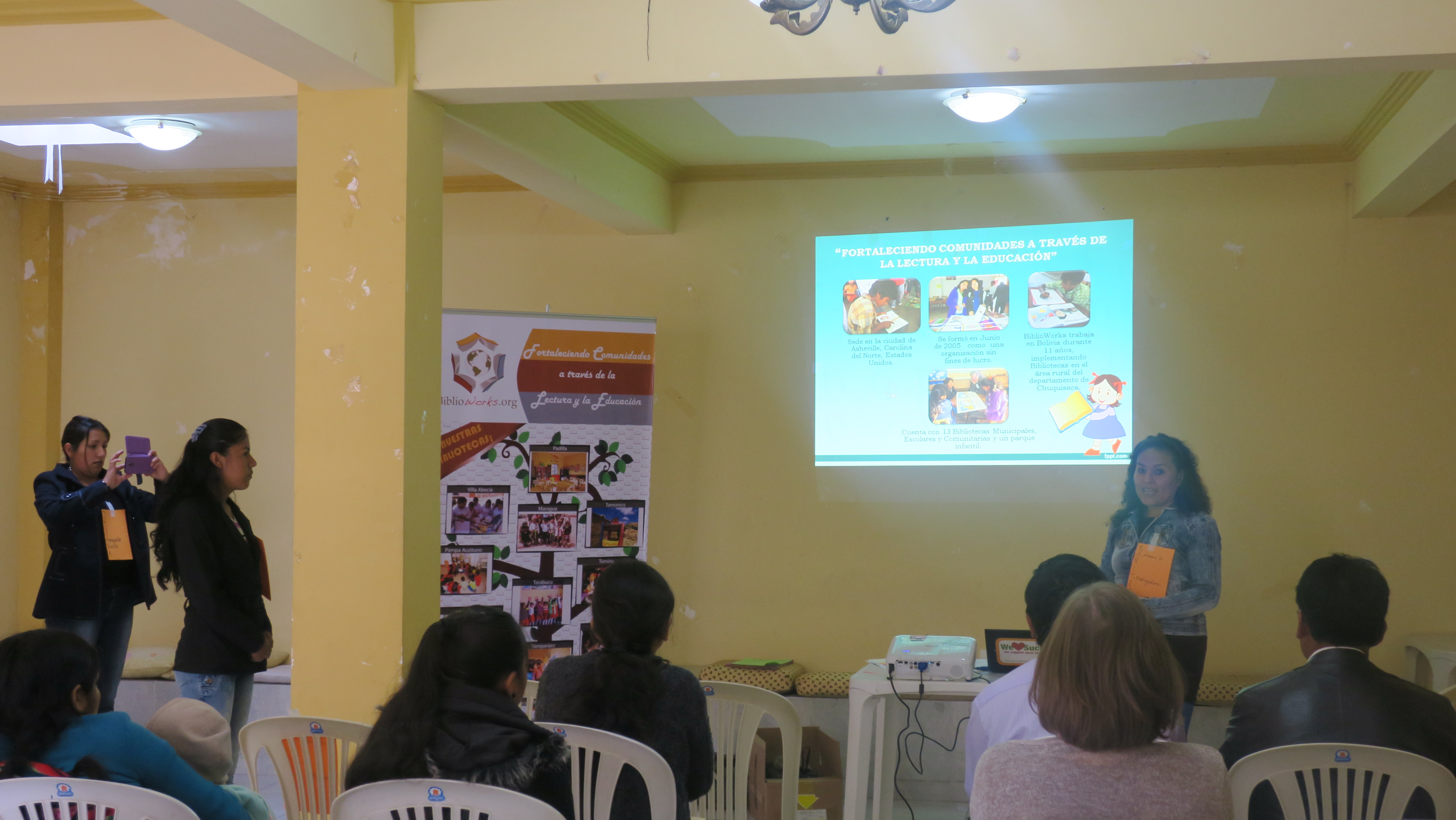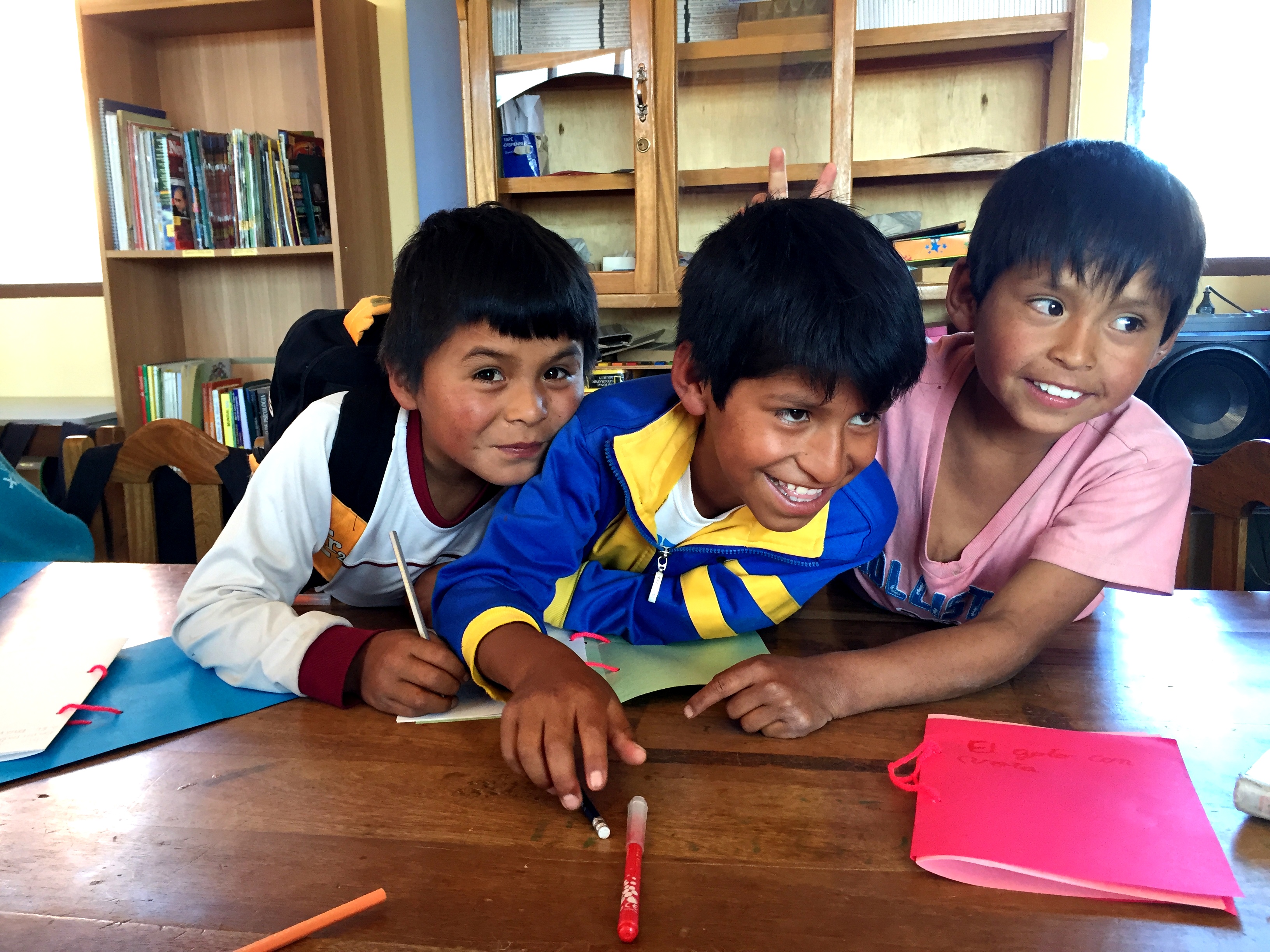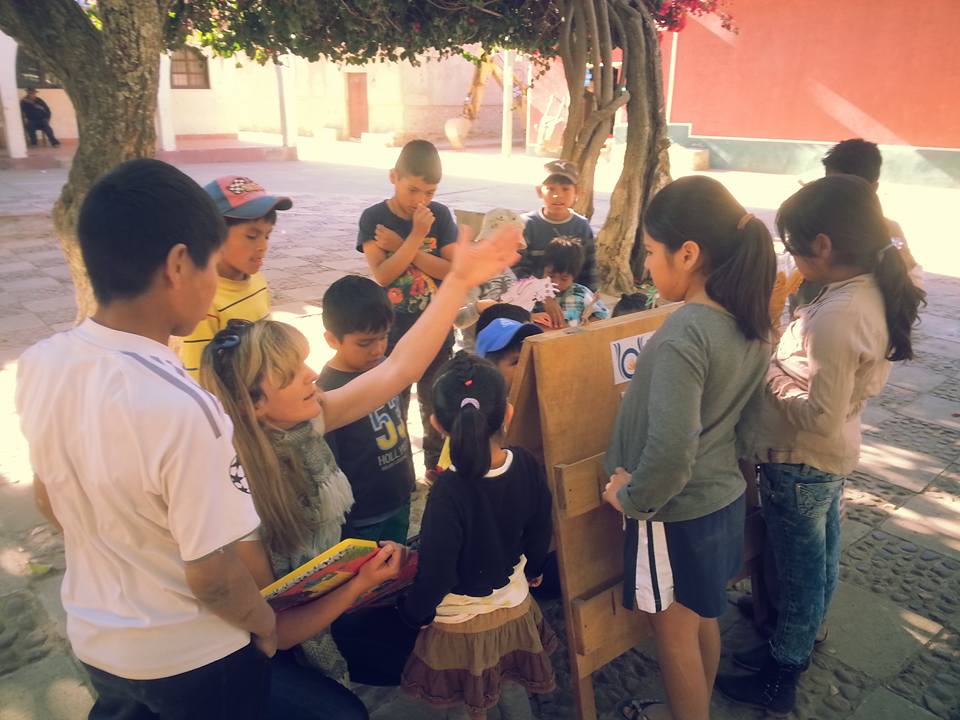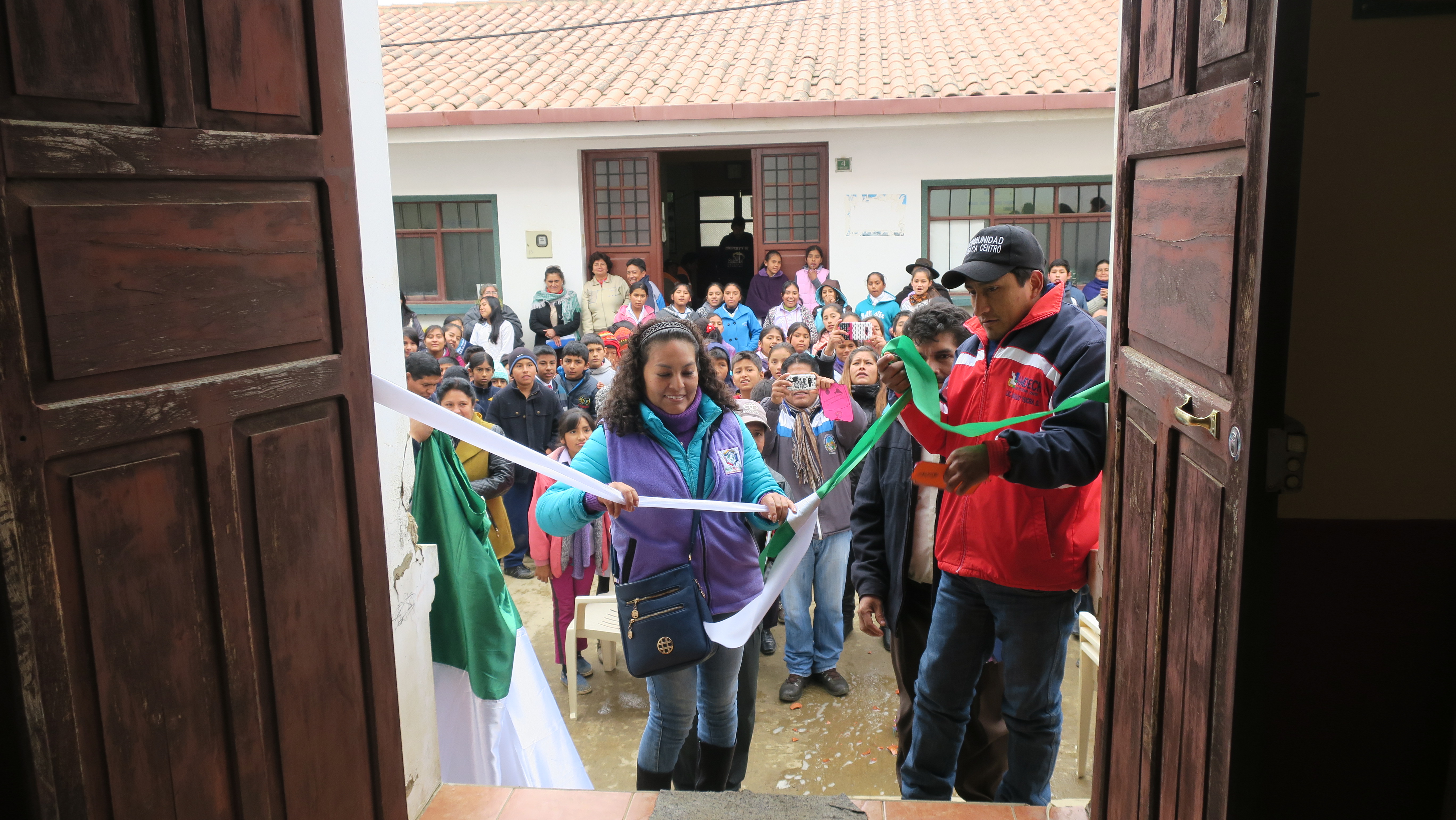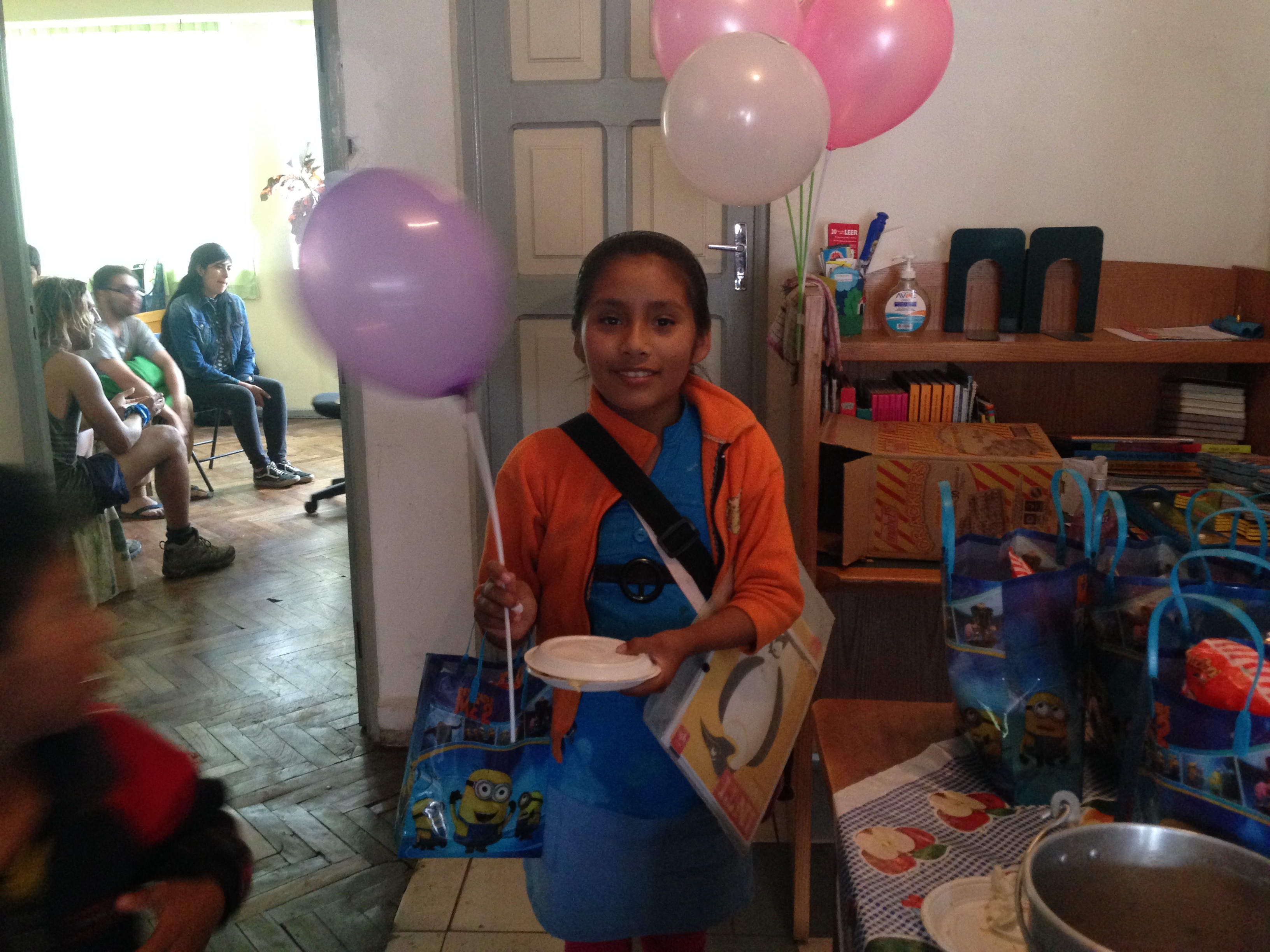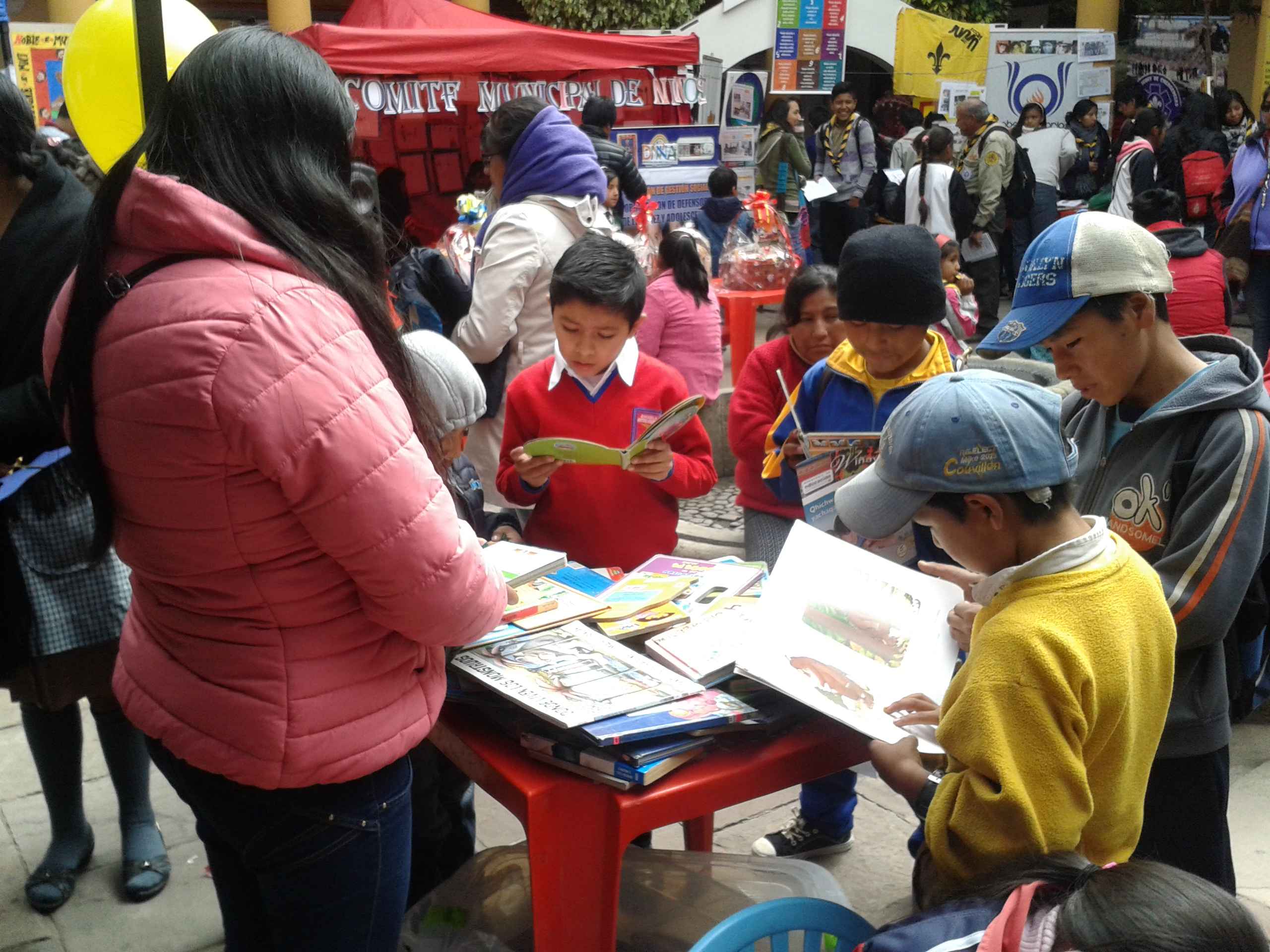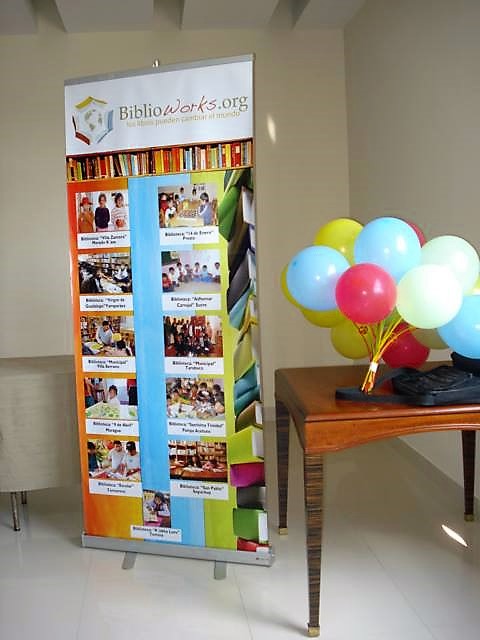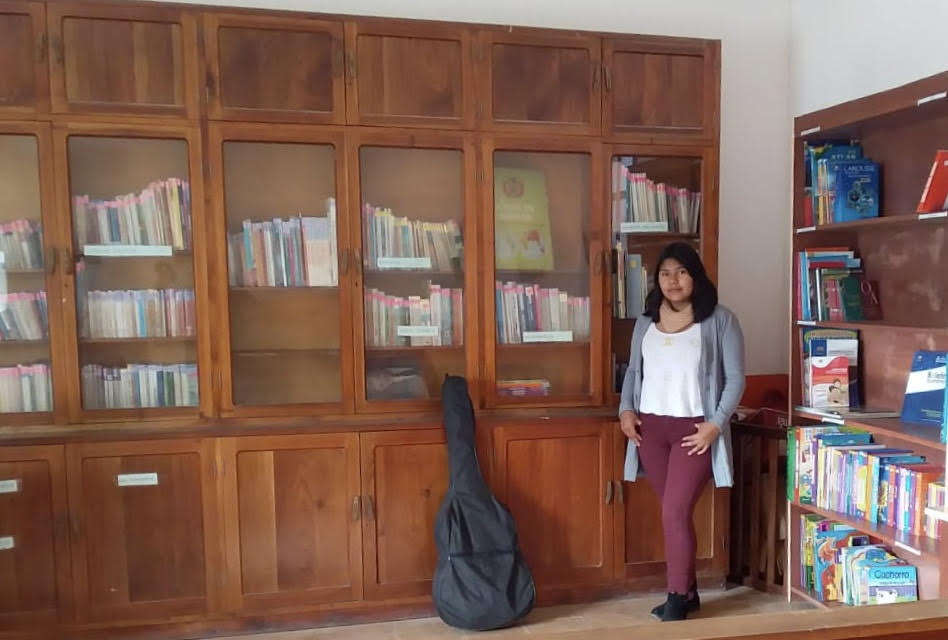
Meet our Librarian: A Letter from Incahuasi
- Posted In : News
- 0 : comment
My name is Rosa Ixcel Montero Cardozo, I was born on August 3, 1994; I come from a family of eight siblings, I studied elementary school in the Eduardo Abaroa Educational Unit, then the secondary school in the Junín National School in Incahuasi and I finished my studies in Pedagogy, in Mayor Real University and San Francisco Xavier Pontifical University of Chuquisaca in Sucre.
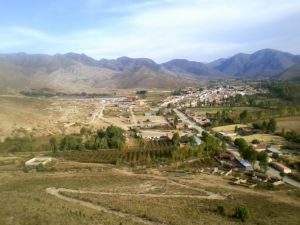 Today I am in the place where I was born and grew up, Incahuasi, which is located in Nor Cinti province of the Chuquisaca-Bolivia Department, at an average height of 2,970 meters above sea level. Its main river is the Incahuasi and it also has a large stream, called “Agua y Castilla”, from which our drinking water arises. In its sub-Andean strip, it is formed by a homogeneous plain, with a climate ranging from mild to cold. Formerly, this territory constituted the border area between the Quechua and Guaraní cultures. The origin of the current population is Quechua, however, the most spoken language is Spanish in the populated area.
Today I am in the place where I was born and grew up, Incahuasi, which is located in Nor Cinti province of the Chuquisaca-Bolivia Department, at an average height of 2,970 meters above sea level. Its main river is the Incahuasi and it also has a large stream, called “Agua y Castilla”, from which our drinking water arises. In its sub-Andean strip, it is formed by a homogeneous plain, with a climate ranging from mild to cold. Formerly, this territory constituted the border area between the Quechua and Guaraní cultures. The origin of the current population is Quechua, however, the most spoken language is Spanish in the populated area.
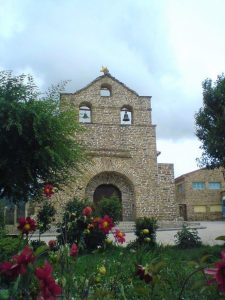 One of the main tourist attractions of the Municipality is the Church, whose construction, in pure stone laja, goes back to the colonial era. The myths of the place tell that the church was built by the same Incas, who were robust men of more than 2 meters high, who managed to build the church in one night, before the rooster crowed, because the Virgin of the Rosary (who nowadays is the patron saint of Incahuasi) warned of the arrival of the Spaniards to the place.
One of the main tourist attractions of the Municipality is the Church, whose construction, in pure stone laja, goes back to the colonial era. The myths of the place tell that the church was built by the same Incas, who were robust men of more than 2 meters high, who managed to build the church in one night, before the rooster crowed, because the Virgin of the Rosary (who nowadays is the patron saint of Incahuasi) warned of the arrival of the Spaniards to the place.
Incahuasi is an eminently agricultural municipality; the production is highly mechanized, mainly in relation to potato crops (which stand out for their high yields), wheat and corn, among others. For its own production, its typical dishes stand out: roast pork, spicy chicken and the rich peanut soup that is not lacking in any ceremony, and we also can’t forget the delicious “chicha”. In Incahuasi there are also two large festivities: the Temptation Entrance and the Entrance in honor of the Virgin of the Rosary, patron saint of the place, where visitors can sample both indigenous and folkloric dances.
But Incahuasi is also a land of education and students, so currently, the Municipality of Incahuasi has 32 Educational Units, between primary and secondary levels. Both young people and children of the various communities that belong to the municipality seek improvement, despite their limitations in acquisition of educational material and having to travel long distances to finally reach their Educational Unit every day, throughout the year. In spite of the difficulties of any kind, they manage to smile, because they are all friends and the help is mutual through their mother tongue: Quechua. Among their games are hopscotch, and they play ball too, often with a makeshift ball; they run and jump barefoot or only with sandals.
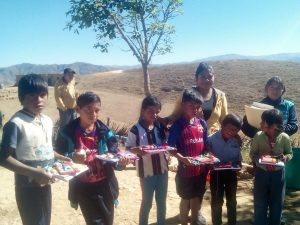 Therefore, the creation of a library to reinforce what our students in the municipality of Incahuasi learn in the classroom was very necessary. Nowadays, being a librarian in my municipality and having received guidance on its use and management, I believe that we can work in different ways; that a library should not always be a symbol of just reading and nothing else, and that a librarian should not always be serious as a rule. Being able to be part of a world of diverse stories and theories; where a book is the ticket to a world without limit of imagination and information; it motivates me to convey this to the users of our library.
Therefore, the creation of a library to reinforce what our students in the municipality of Incahuasi learn in the classroom was very necessary. Nowadays, being a librarian in my municipality and having received guidance on its use and management, I believe that we can work in different ways; that a library should not always be a symbol of just reading and nothing else, and that a librarian should not always be serious as a rule. Being able to be part of a world of diverse stories and theories; where a book is the ticket to a world without limit of imagination and information; it motivates me to convey this to the users of our library.
If you would like to help Rosa at our library in Incahuasi, why not become a volunteer!

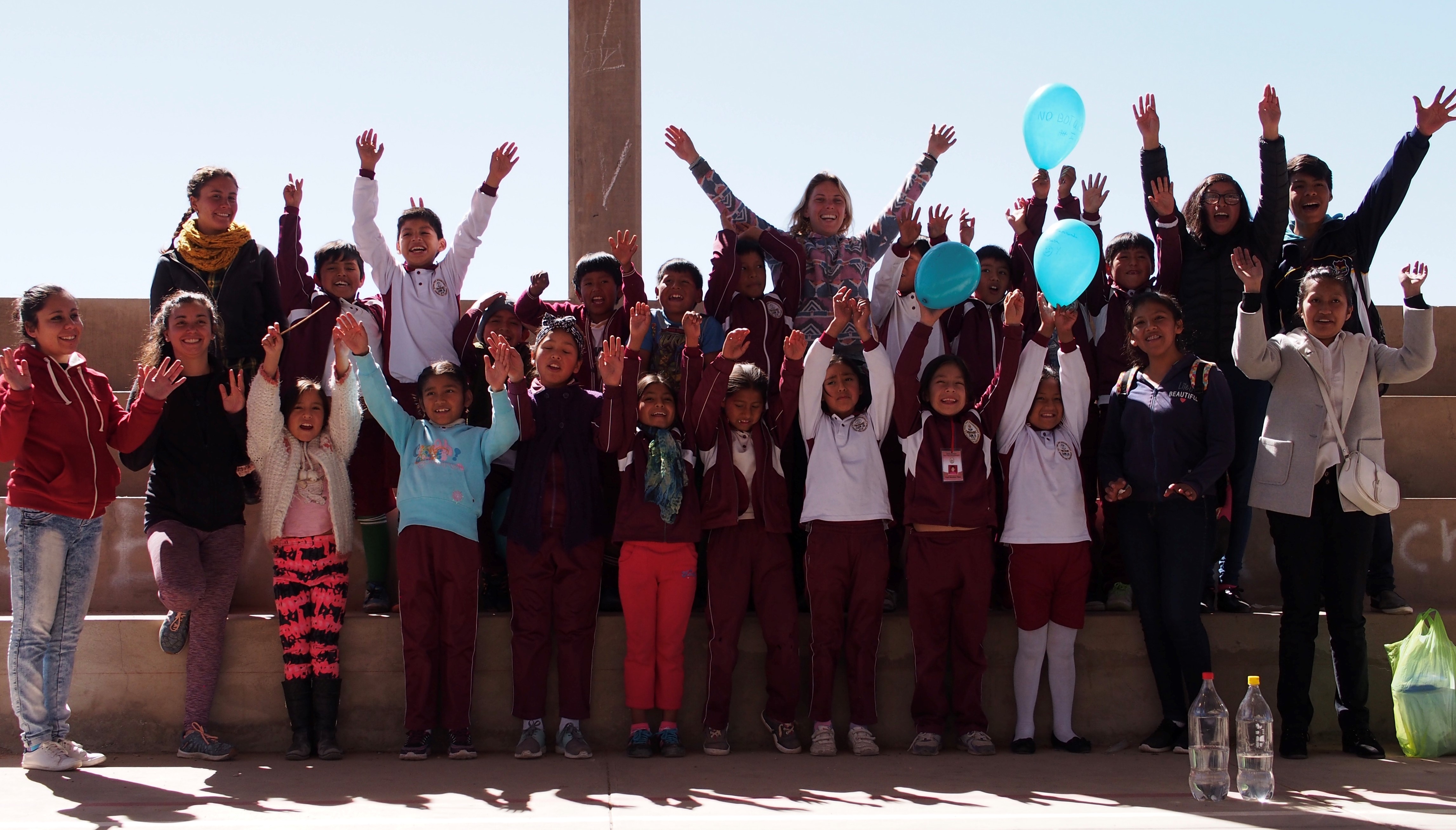
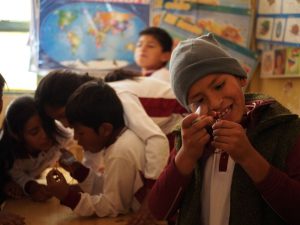 This past Friday, our library at Barrio Japón hosted its first community science class! The class was taught by university and high school students from local organizations Peque Innova and Tu Ciencia Joven, whose mission is to promote the learning and application of science, technology and innovation in younger generations here in Bolivia.
This past Friday, our library at Barrio Japón hosted its first community science class! The class was taught by university and high school students from local organizations Peque Innova and Tu Ciencia Joven, whose mission is to promote the learning and application of science, technology and innovation in younger generations here in Bolivia.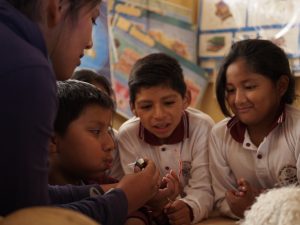 Twenty students from the local elementary school in Barrio Japón took a field trip to our library in lieu of their usual lesson, and were treated to a morning of fun activities, building wind-powered electric conductors (powered in reality by the students’ own breath!) and learning about various types of energy and the importance of conserving natural resources.
Twenty students from the local elementary school in Barrio Japón took a field trip to our library in lieu of their usual lesson, and were treated to a morning of fun activities, building wind-powered electric conductors (powered in reality by the students’ own breath!) and learning about various types of energy and the importance of conserving natural resources.